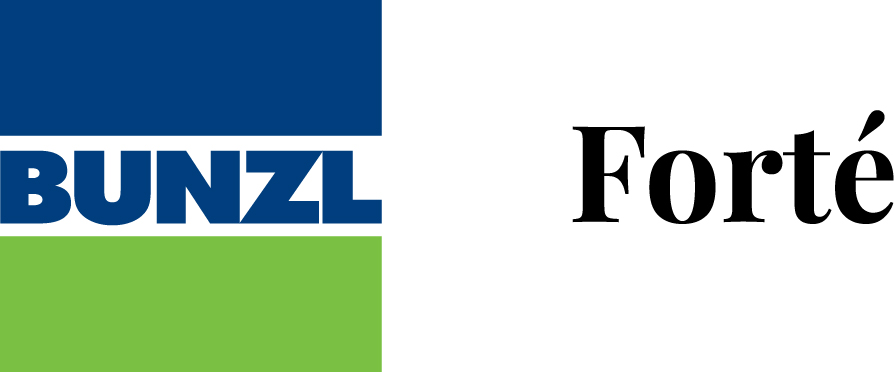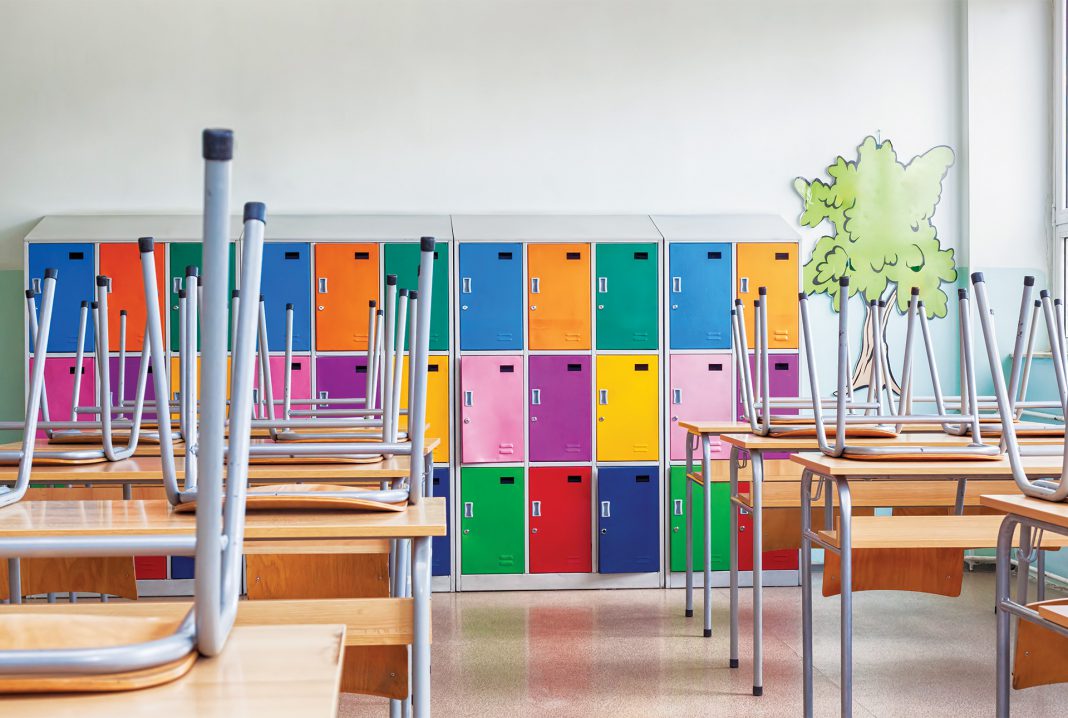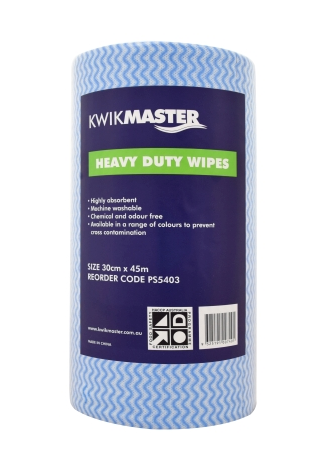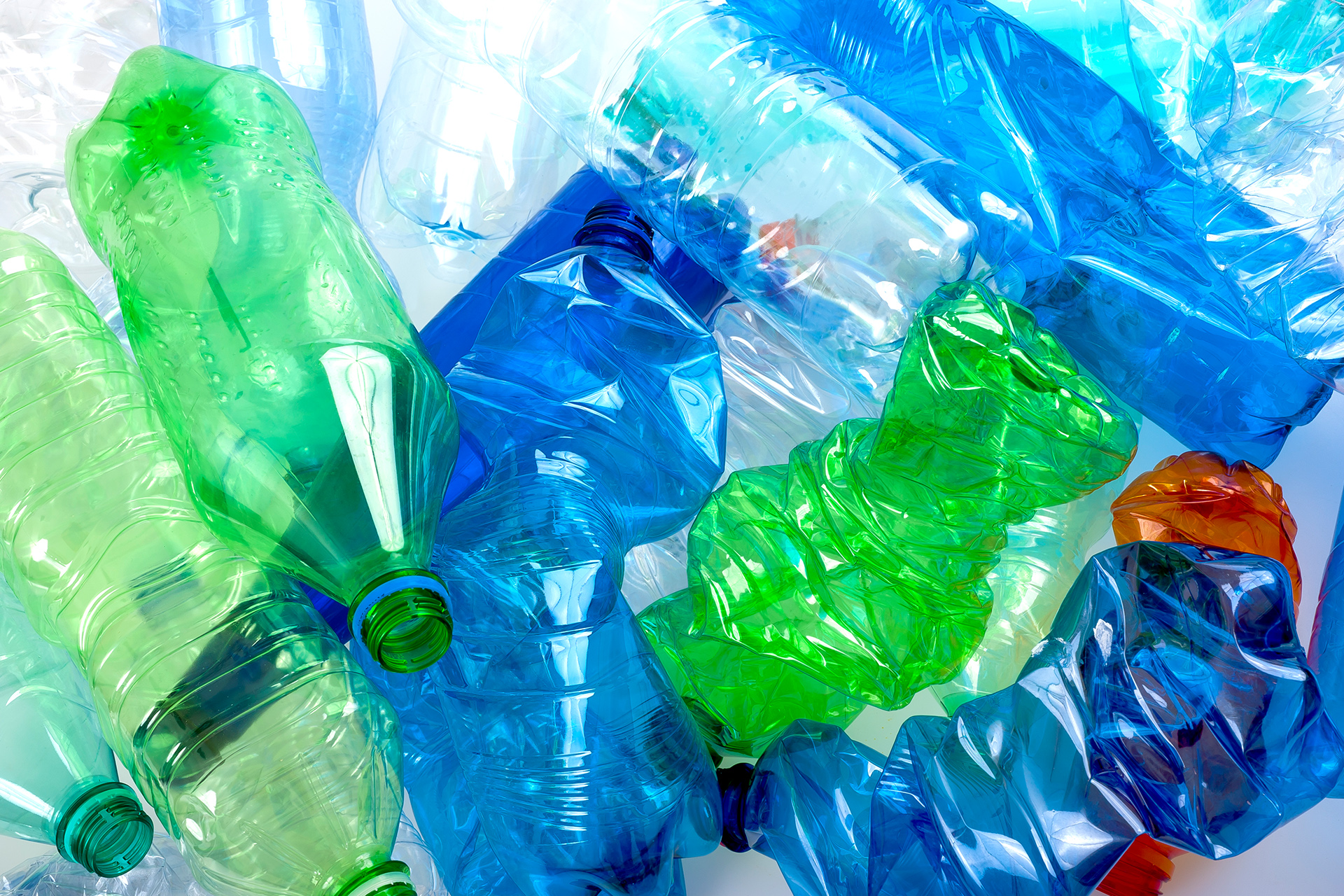As the summer break approaches and students and teachers depart, educational facilities have the opportunity to undertake a comprehensive deep clean. The summer break allows time for thorough cleaning practices and procedures that would otherwise be challenging during the academic year. Maintaining consistent high standards of cleanliness, safety and hygiene in these environments is critical for the wellbeing of students and staff, as well as the institution’s reputation.
Take a boarding school for example. “Parents want to know that their children are staying in clean and organised spaces, with sanitised showers, comfortable mattress protectors, dust-free curtains and empty wardrobes,” says Jenny White, State Manager for Queensland at specialist education sector catering and support service Chartwells. The effectiveness of end-of-year deep cleaning can also have a psychological impact on students and teachers. A well-kept environment fosters focus, reducing distractions and increasing productivity. Maintaining a learning space that feels organised and well cared for can have a positive effect on overall academic performance. A clean learning space encourages students and teachers to take their work seriously, contributing to a more disciplined and focused atmosphere.
“A well-maintained facility promotes a sense of pride and reinforces the institution’s commitment to providing a safe and conducive space for learning,” explains White.
Educational institutions are composed of many different types of spaces, each with their own cleaning requirements. During the summer break, it’s essential to focus on high-traffic areas such as classrooms, libraries, laboratories, cafeterias, restrooms, and common spaces like gyms or auditoriums.
“During the end of year break, we would treat any tiled areas and get rid of those hard water stains that tend to build up,” says White. “We ensure the tiles are scrubbed and treated so that the grout is returned to the colour it should be.”
Bunzl’s National Business Development Manager Hellen Wyatt lists some things to consider during your end-of-year deep clean:
CLASSROOMS AND LECTURE HALLS
Desks, chairs and floors should be thoroughly cleaned and disinfected, with a focus on high-touch areas such as door handles, light switches and technology equipment like keyboards, tablets and projectors. Carpets and upholstery should be steam-cleaned, and all surfaces dusted and wiped down.
Wyatt’s top tip? “Invest in reusable anti-bacterial supplies made from materials such as microfibre as this is an easy way to ensure a thorough clean in a large facility.”
A well-maintained facility promotes a sense of pride and reinforces the institution’s commitment to providing a safe and conducive space for learning.
WASHROOM FACILITIES
Washrooms are a hotspot for germs and require meticulous attention. During the deep clean, washrooms should be sanitised from top to bottom, including floors, sinks, toilets, mirrors and walls. Special attention should be given to grout and tile work, as these areas often harbour bacteria.
Just as important as the process is the cleaning chemicals that you use. “When it comes to washrooms, we recommend acidic and citric-based cleaning formulas due to their antibacterial, anti-fungal and degreasing properties,” advises Wyatt.
“In their concentrated state, they also dissolve hairs and toilet paper, which can be useful in high-traffic washrooms like those in educational facilities.”
CAFETERIAS, FOOD HALLS AND KITCHENS
Food preparation areas should be thoroughly scrubbed, including appliances, countertops and kitchen range-hoods. Deep cleaning of all surfaces, including floors and walls, helps to maintain a sanitary environment. Food storage areas should be inspected for expired or spoiled items, and kitchen equipment should be disinfected to ensure hygiene standards are met.
“In a busy school cafeteria or food hall, there can be hundreds of staff and students tracking in dirt and other build-up on the floors every day,” explains Wyatt. “Using school breaks is the best time to give your floors a deep clean.”
LIBRARIES AND LABORATORIES
Libraries and science laboratories are spaces that house specialised equipment and need careful attention during cleaning. In libraries, dusting bookshelves and cleaning electronic equipment like computers, monitors and printers is essential. Labs, especially those in universities, require the cleaning and disinfecting of work surfaces, safety equipment, and instruments to meet health and safety regulations.









